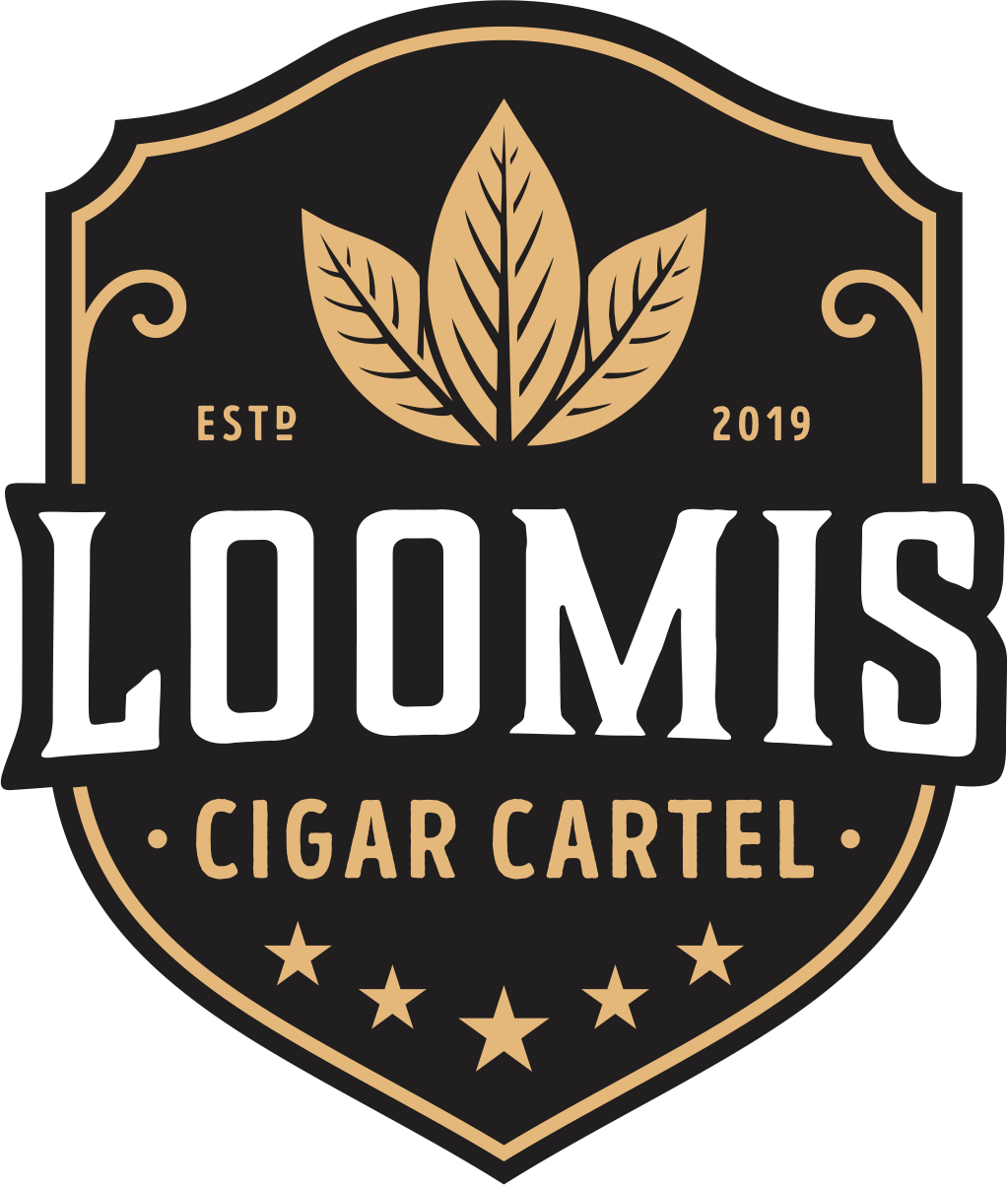Loper Bright Before SCOTUS and Potential Impact on the Premium Cigar Industry
The following artical was published by Cody Carden and Cigar Rights of America. The link at the bottom of the article is the original web location.
WASHINGTON, DC (January 17, 2024) - The Chevron Doctrine, a legal principle established by the U.S. Supreme Court in the 1984 case Chevron U.S.A., Inc. v. Natural Resources Defense Council, Inc., has played a pivotal role in shaping administrative law in the United States. It outlines the deference federal courts should give to an administrative agency's interpretation of ambiguous statutes. However, recent years have seen challenges to the doctrine, and the Supreme Court's decision to hear the case of Loper Bright Enterprises v. Raimondo indicates a potential reevaluation of the Chevron Doctrine's future.
Background of the Loper Bright Enterprises v. Raimondo Case
Loper Bright Enterprises v. Raimondo centers around a dispute between Loper Bright Enterprises, a herring fishing company, and the National Marine Fisheries Service (NMFS). The company argues that the NMFS’s current requirement that fishing boats hire personnel to monitor their operations, paying both their salaries and room and board while on the fishing boats, improperly shifts the burden of compliance monitoring to private industry, instead of the agency. Loper Bright contends that the statute does not support the agency’s reading that the private companies must, in effect, directly pay to employ personnel to do the job Congress directed NMFS to perform. In contrast, NMFS’s defense relies on the broad discretion generally granted to agencies under the Chevron Doctrine to interpret statutes.
The Chevron Doctrine in Question
The Chevron Doctrine, often characterized by its two-step process, instructs courts to first determine whether a statute is clear or ambiguous. If the statute is ambiguous, the Court should defer to the agency's interpretation as long as it is not arbitrary and capricious. This doctrine has been a cornerstone of administrative law, providing agencies with a wide degree of discretion in interpreting and implementing statutes.
However, in recent years, the Chevron Doctrine has faced criticism from various quarters. Critics argue that it grants excessive power to unelected bureaucrats and undermines the separation of powers by allowing agencies to make and interpret laws effectively. The Loper Bright case, which questions the clarity of the statute in question, provides an opportunity for the Supreme Court to reconsider the Chevron Doctrine.
Implications of Loper Bright for Premium Cigars
If the Supreme Court finds against the NMFS in this case, it could be highly significant for premium cigars. Thanks to the work Cigar Rights of America has done in the past, our industry is currently unregulated by the U.S. Food & Drug Administration (FDA). While the FDA has appealed the decision to de-regulate premium cigars, we are confident in the soundness of Judge Mehta’s opinion and expect to prevail.
Were Loper Bright to significantly restrict agency deference, it would force the FDA to make a much more robust showing prior to re-regulating premium cigars. Given the volume of scientific evidence CRA has amassed over the last 15 years, the FDA would have a significantly harder time finding the necessary grounds to re-regulate us. Additionally, not only would a favorable outcome in Loper Bright potentially protect us from re-regulation, it would certainly delay the regulation process as the FDA navigated this new terrain and may likely lead to them de-prioritizing re-regulating our sector in the face of a likely uptick in litigation against all federal agencies.
Conclusion
The Supreme Court's decision in Loper Bright Enterprises v. Raimondo is poised to be a defining moment in the ongoing debate over the Chevron Doctrine. It will determine the extent to which administrative agencies can interpret statutes and impose regulations. The outcome may have significant consequences for the balance of power among the branches of government, the scope of agency authority, and the future of administrative law in the United States. Legal scholars, policymakers, and advocates on all sides of the Chevron Doctrine debate will watch this case closely, as it could set the course for administrative law for years to come.
___________________________________________________________________________
About CRA
About Cigar Rights of America (CRA): Cigar Rights of America is a national advocacy organization dedicated to protecting the rights of consumers, retail tobacconists, suppliers, distributors, importers, and manufacturers of premium cigars. CRA works to promote and preserve the freedom to enjoy premium cigars.


